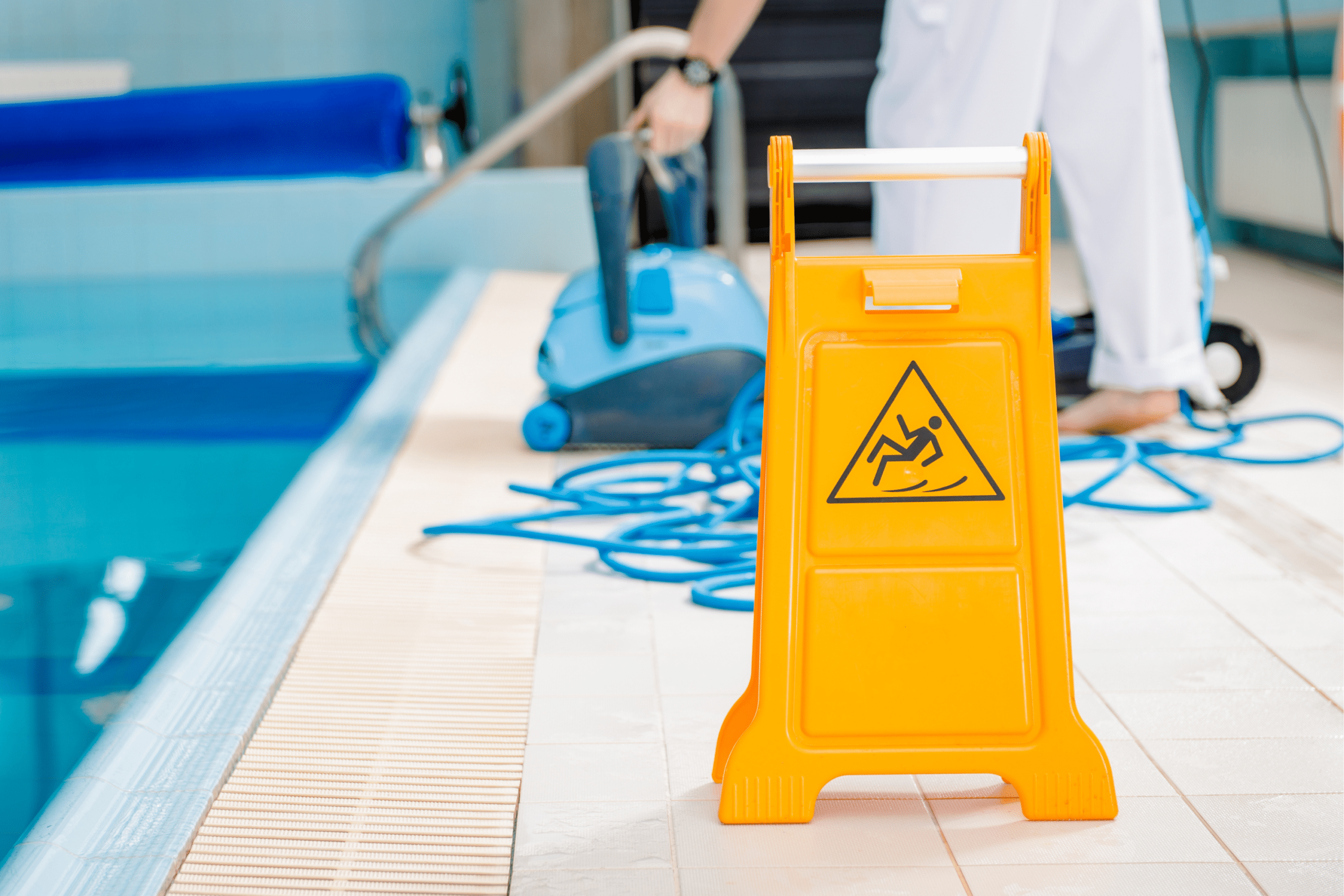Free Consultation
Free Consultation

Swimming pools offer a refreshing escape during hot summer months, but they also pose potential risks for accidents and injuries. In New York, property owners have legal responsibilities to ensure the safety of individuals using their swimming pools. Understanding liability and legal recourse in swimming pool accidents is essential for both property owners and victims seeking compensation for injuries.
Property owners in New York have a duty to maintain safe premises for guests and visitors, including those using swimming pools. This duty extends to ensuring that swimming pools are properly fenced and secured to prevent unauthorized access, especially by children. Under New York law, swimming pools must be enclosed by a fence or other suitable barrier with a minimum height of four feet to prevent accidental drownings and injuries.
Supervision is another crucial aspect of swimming pool safety. Property owners are expected to provide adequate supervision of swimming pool areas, particularly when children or inexperienced swimmers are present. Failure to supervise can lead to tragic accidents and may result in legal liability for the property owner.
Additionally, property owners are responsible for maintaining swimming pools in safe condition, including addressing any hazards such as broken tiles, slippery surfaces, or malfunctioning equipment. Regular inspections and maintenance are essential to prevent accidents and injuries on the premises.
Victims of swimming pool accidents may have legal recourse to seek compensation for their injuries and losses. Depending on the circumstances of the accident, potential avenues for legal recourse may include premises liability claims, negligence claims against the property owner, or product liability claims against manufacturers of defective pool equipment.
Premises liability laws hold property owners accountable for injuries that occur on their premises due to unsafe conditions or negligence. In the context of swimming pool accidents, victims may pursue premises liability claims if the property owner failed to maintain safe swimming pool conditions or failed to adequately supervise the area.
Negligence claims may also arise if the property owner breached their duty of care by failing to take reasonable precautions to prevent swimming pool accidents. This may include failing to install proper fencing, provide adequate supervision, or address known hazards in the swimming pool area.
In cases where a swimming pool accident is caused by defective equipment or products, victims may pursue product liability claims against the manufacturers or distributors responsible for the defective items. Product liability laws hold manufacturers accountable for injuries caused by defective products and provide victims with legal recourse to seek compensation for their damages.
Navigating the complexities of swimming pool accident claims requires the expertise of an experienced personal injury lawyer. A skilled attorney can assess the circumstances of the accident, determine liability, and advise victims on their legal rights and options for pursuing compensation.
Personal injury lawyers can also handle negotiations with insurance companies and advocate on behalf of victims to ensure they receive fair and just compensation for their injuries and losses. By enlisting the services of a knowledgeable attorney, swimming pool accident victims can focus on their recovery while their legal rights are protected.
Swimming pool accidents can result in serious injuries and have long-lasting consequences for victims and their families. In New York, property owners have legal responsibilities to ensure the safety of individuals using their swimming pools, including maintaining proper fencing, supervision, and maintenance.
Victims of swimming pool accidents may have legal recourse to seek compensation for their injuries and losses through premises liability, negligence, or product liability claims. Consulting with an experienced personal injury lawyer is essential for navigating the legal process and securing the compensation to which victims are entitled. By understanding liability and legal recourse in swimming pool accidents, victims can pursue justice and hold negligent parties accountable for their actions.